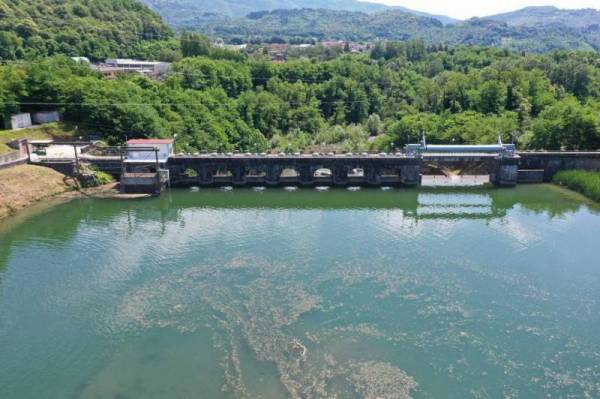Recently, a loan agreement for a total of $161.47 million was signed to facilitate the implementation of the Kakono Hydropower Project in Kagera, Tanzania. The deal was signed between the government of the East African country and AfDB.
The 87.8 Megawatt project’s overall cost exceeds Sh700 billion.
Read also:780MW to be added to national grid in Nigeria from 3 hydropower plants
The government inked an agreement with the AFD on its part of the deal, totaling 110 million euros. The signing came just one week prior to the recent new development. This is according to Finance and Planning Minister Mwigulu Nchemba.
The overall cost of the project, which has not yet been determined, is 35 million euros. The project will be funded by the EU, but the money will be administered by the AFD.
After this significant milestone, Dr. Nchemba requested that the grant agreement between AFD and the EU be accelerated. This is in order to have the whole package of financing ready for the project.
Kakono Hydropower Project’s main objective
He emphasized that increasing on-grid energy output from the cheapest renewable sources is the Kakono Hydropower Project’s overall development goal. Eventually, this will help alleviate the electricity deficits in north western Tanzania.
The development of the project will replace fossil fuels, he added.
The project will be finished in five years, according to Dr. Nchemba. As part of the Project, a primary school, a health center, and a 28 km long access road will all be constructed in addition to the 87.8 MW hydropower plant. He continued by saying that the final outcome will be an improvement in the nearby communities’ standard of living.
He stated that the project also entails the provision of evacuation facilities and carrying out the environmental and social management as well as monitoring plan. The Kakono Hydropower Project supports both the state’s Third Five Year Development Plan (FYDP III) and the overarching plan of the Sixth Phase Government.
Building a competitive and industrial economy is the desired aim, and it will be realized through improving the business as well as investment enabling environment, productive infrastructure, reliable access to energy, and systems for education and training.
The plant’s expected impacts on energy production
The Kakono Power Plant is expected to boost energy output. This would address Tanzania’s electricity deficit, according to Patricia Laverley, country manager of the AfDB.
The signing ceremony, according to Céline Robert, country director for Tanzania at AFD, represents a significant step in the government’s ongoing efforts to realize its 2025 Vision for the energy sector.
The project, she said, will hugely increase the country’s renewable generation capacity. It will also contribute to the government’s aim to generate 5 gigawatts (GW) of electricity by 2025. The project will involve setting up a hydropower plant of about 88 MW and its associated infrastructure.
Cedric Merel, the head of cooperation for the EU delegation to Tanzania, claimed that the EU deal and the Global Gateway, which are its strategies for promoting renewable energies and investing in crucial strategic infrastructure in partner countries, are shown by the Sh86.7 billion in grants contribution.

Leave a Reply